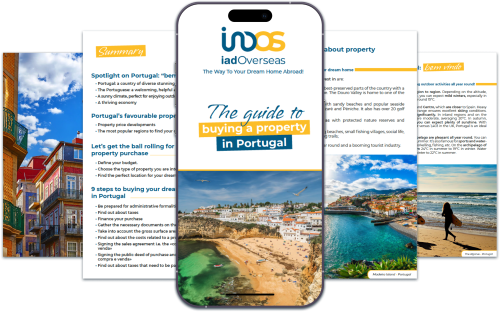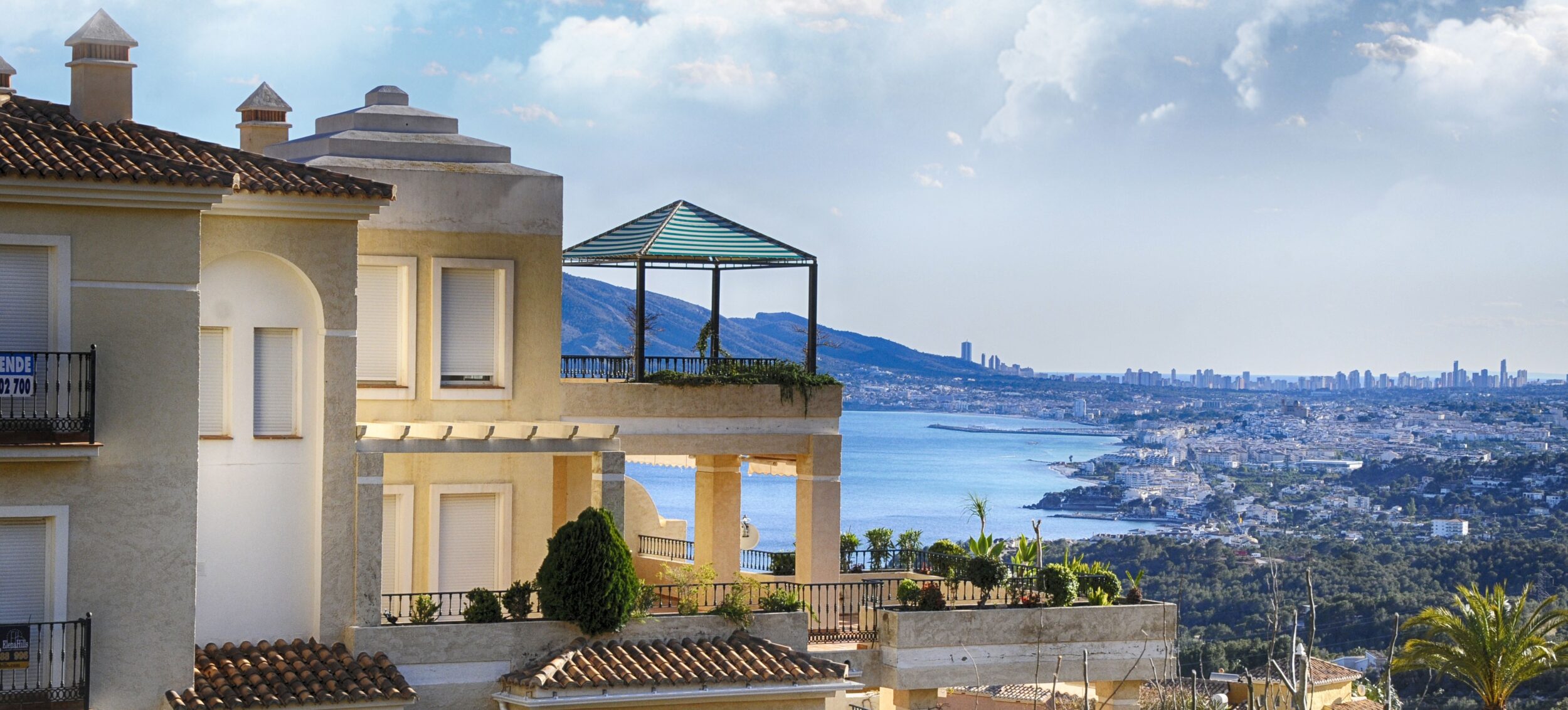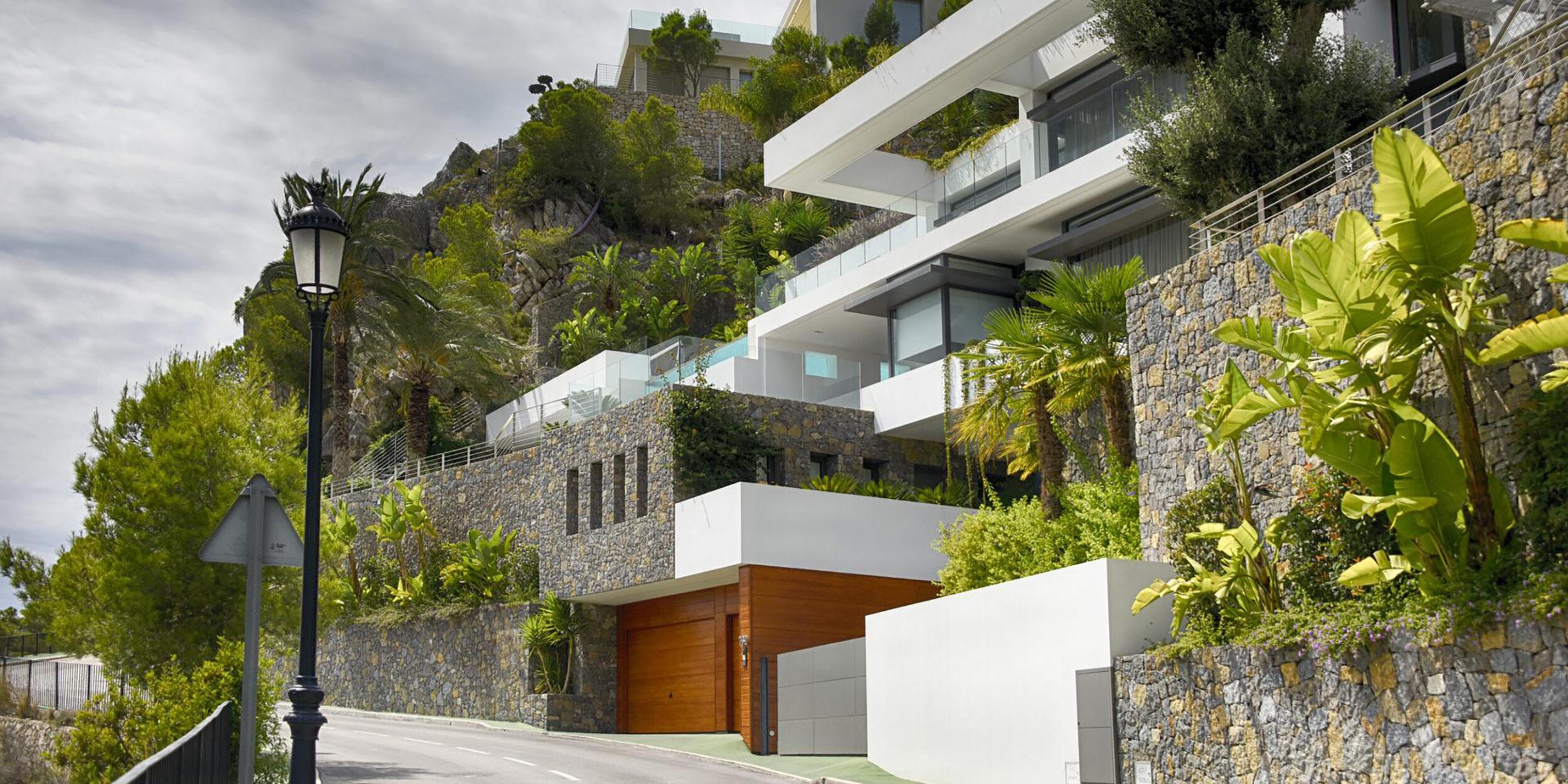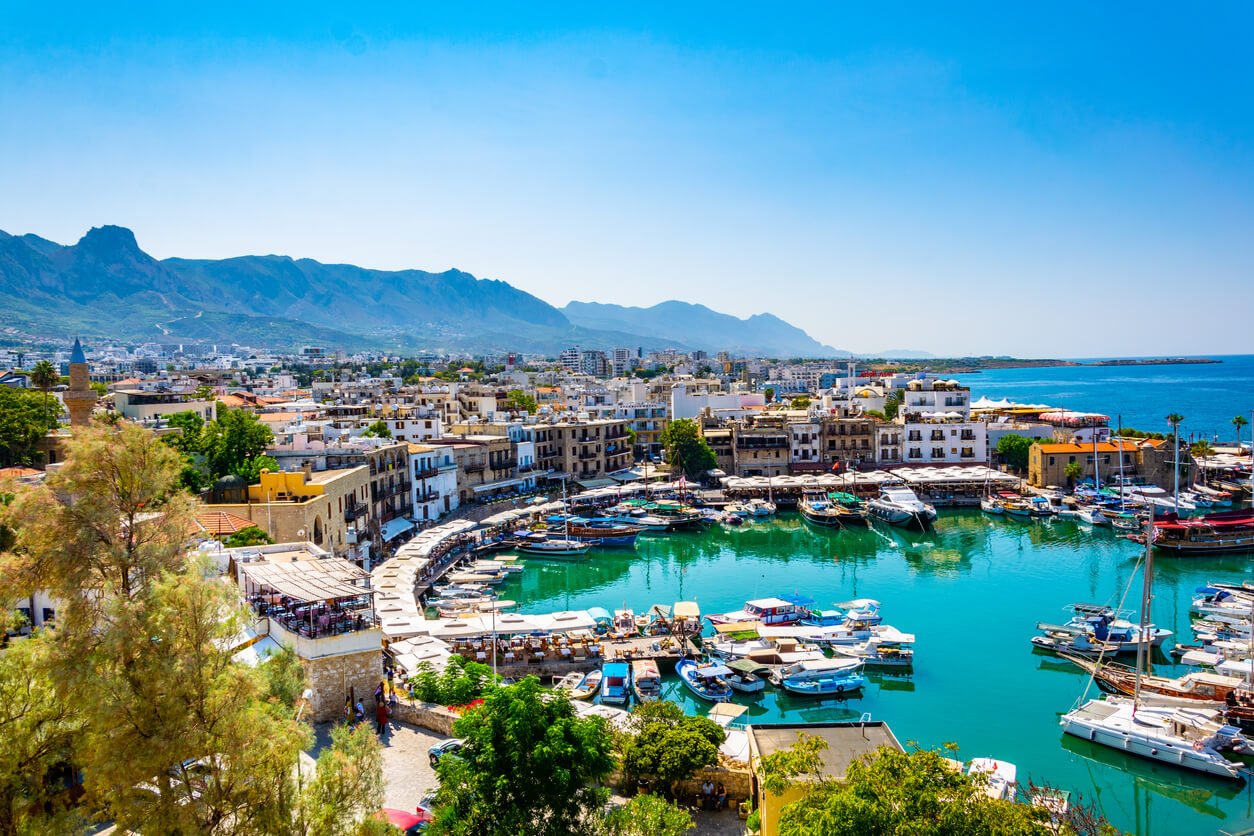
If you’re dreaming of retiring or moving to sunny Spain, you’re one of many hopeful Brits who want a change of lifestyle. The promise of a Golden Visa has helped many non-EU nationals gain permanent residency there, but the rules are about to change, and the scheme may be cancelled completely. So, it’s important you know what to expect if you’re hoping for a future in Spain. In this quick read, we look at the changes to Visa rules and how they may affect your plans.
What is a Golden Visa?
In simple terms a Golden Visa is a way to secure legal residence in another country. It allows freedom of travel, tax benefits, access to healthcare and education and offers various other benefits[1]. Golden Visas are not offered by all countries, so you need to check if it applies when you plan an overseas move.
A Golden Visa allows non-residents to gain permanent status by investing in various parts of the economy. These investments differ in every country that runs a Golden Visa program but could include the following:
- Investing in real estate
- Starting a business and employing nationals
- Investing in arts and culture
- Investing in science and technology
- Buying government bonds or other investment programs.
The above list offers just a few examples of routes to obtaining a Golden Visa. By far the most popular way for most individuals is purchasing real estate of a minimum required amount.
Thinking about moving to Spain? Make sure you speak to a visa or immigration expert before you make any big decisions such as selling your property or leaving your employment. An expert will have all the latest updates about immigration to Spain and can advise how best to proceed and what visa to apply for.

Spain's Golden Visa
Launched in 2013, Spain’s Golden Visa offered non-residents and non-EU nationals a way to gain long term citizenship. The aim of the program was to attract foreign investors to the country and to increase investment in the economy.
The investment routes to get the Spanish Golden Visa include:
- Purchasing real estate equal to or above the value of €500,000.
- Creating employment through business development, enhancing the country’s economy and contributing to scientific or technological developments. This investment needs to be €1miilion or more.
- Depositing €1million in a Spanish bank
- Buying shares worth €1million or more.
Some other factors to meet the requirements of a Golden Visa include being over 18, no criminal record, private healthcare to cover your duration of stay, you can prove you have the means to stay there.
Golden Visa applicants over the years
Prior to Brexit, Brits were able to apply for permanent residency in Spain after five years, however once the UK left the EU things changed, and the application process became longer.
Post Brexit, many Brits have still been able to apply for permanent residency or long-term residence in Spain without going through the Golden Visa scheme. It is estimated that there are over 350,000 Brits officially registered as living in Spain whilst many others live there on a temporary basis.
Over 14,000 Golden Visas linked to real estate purchases have been granted since 2013. Most of these Visas have been granted to Chinese and Russian nationals. Up until 2023, only 177 Golden Visas were issued to British citizens.
Other European countries with popular Golden Visa schemes include Portugal, Greece, Malta, Cyprus and Italy. Outside of Europe, Australia, Canada and Hong Kong offer similar schemes. Every country has different eligibility and investment requirements, so make sure to check these if you’re thinking about moving abroad.
Why are the rules changing?
In April 2024, the Spanish Government announced an intention to abolish the Golden Visa scheme. The reason for this decision is to ease the pressure on the housing market and make property more affordable for Spanish nationals.
Many foreign investors who have benefitted from the Golden Visa purchased property in Barcelona, Madrid, Balearic Islands and Valencia. It is believed the influx of foreign investment has essentially priced out Spanish citizens.
At the time of writing this article (September 2024) there have been no exact dates of when the Golden Visa program will be cancelled or modified. However, it is strongly believed that there will be an end to the residency-by-investment element of the visa. Currently it is estimated that these changes will be brought in by 2025.

Other types of visas in Spain
The short answer to this is yes. Whilst the Golden Visa programme does make getting permanent residence easier, it is only useful to those with a large amount of cash at their disposal.
Many Brits and non-EU nationals who choose to move to Spain and buy property there, won’t be investing as much as €500,000 in property and will choose lower priced real estate. Which means they wouldn’t be eligible for a Golden Visa anyway.
If you’re planning a life in the Spanish sunshine, there are different types of visas available, and you must choose the one that best describes your reasons for moving. Some of the different visa options are listed below**:
Non-lucrative visa
Popular with retirees, this visa allows you to live in Spain as long as you don’t plan to work there, and you can show that you have the funds to live there. Once you have lived there for a year you can apply for a residency permit, and once you have lived there for five years you can apply for a permanent residency permit which is valid for 10 years.
Digital nomad visa
Launched in 2023, this is a special scheme for remote workers from non-EU countries who want to live in Spain whilst working for a non-Spanish company. You can either apply for a 1-year visa to the Spanish consulate in the UK or for a 3-year residency permit once in Spain.
Student visa
If you plan to study in Spain for a period longer than 90 days this is the visa you will need to choose.
Work related visas
There are a few different work visa options if you are employed by a Spanish company, and your employer will need to apply on your behalf. A work visa is valid for one year and can be extended. After five years you can apply for long-term residency. There is also a special visa for self-employed people which you may need to look into if you run your own business.
Family visa
If you have a family member that has been living in Spain for a year or more, you may be eligible to apply for this type of visa under family reunification rules.
Applying for any type of visa can be a lengthy process. You will need to ensure you have consulted the Spanish consulate in the UK or in Spain directly and that you provide all the documentation they require.
** Please note, the above list of visa types is just a rough guide. This article in no way offers any immigration advice and you should always consult professionals before moving.
If you’re planning to stay in Spain for more than 90 days, you will need to apply for a TIE card. This card demonstrates that you have the right to stay in Spain for a set period. To get the card, you’ll need to show that you’re working legally, studying or retired.
Make your move to Spain easy with iad Overseas
If you have decided that your future lies in Spain, then we would be delighted to help you find your ideal property. Our team of iad Overseas property consultants have years of experience behind them and have helped many people find their dream overseas home.
Get in touch with our team today so we can start the journey towards finding your Spanish home.

- https://www.investopedia.com/golden-visa-program-7975290
- https://www.myspanishresidency.com/visas-spain/golden-visa/#:~:text=The%20so%2Dcalled%20Golden%20Visa,or%20greater%20than%20500%2C000%20euros.
- https://administracion.gob.es/pag_Home/en/Tu-espacio-europeo/derechos-obligaciones/ciudadanos/residencia/obtencion-residencia/residencia-permanente.html#:~:text=Citizens%20of%20a%20Member%20State,continuous%20period%20of%20five%20years.
- https://iasservices.org.uk/move-from-uk-to-spain/#:~:text=Spain%20is%20the%20most%20popular,Brits%20are%20living%20in%20Spain).
- https://www.blevinsfranks.com/spain-golden-visa-to-end/#:~:text=The%20Minister%20for%20Housing%2C%20Isabel,annual%20number%20doubling%20since%202022.
- https://www.bbc.co.uk/news/world-europe-68761491
- https://getgoldenvisa.com/industry-insights/spain-golden-visa-is-still-available
- https://lifestylegroup.es/spanish_residency_british_citizen_uk_nationals_2024/
- https://www.exteriores.gob.es/Consulados/londres/en/ServiciosConsulares/Paginas/Consular/Visado-de-estudios.aspx
- https://iasservices.org.uk/move-from-uk-to-spain/
- https://news.iadoverseas.com/spain/settling-in-spain-2165/





